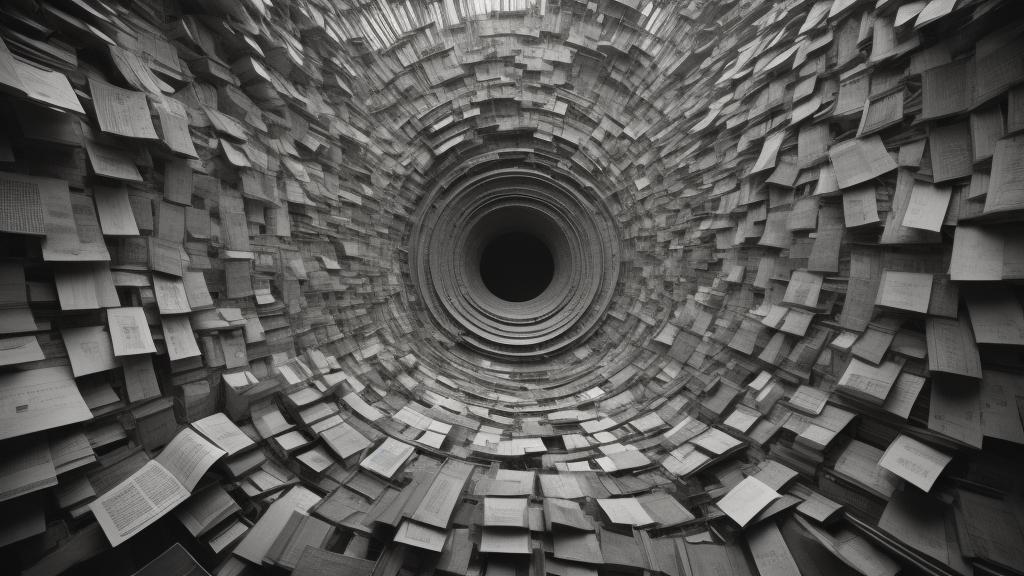In the ever-evolving world of cinema, few elements remain as timeless and pivotal as the film soundtrack. While directors and actors often bask in the limelight for their on-screen achievements, the unsung heroes behind the music play a crucial role in shaping the emotional and narrative depth of a film. Exploring this captivating aspect of filmmaking reveals much about the art that goes beyond the silver screen.
From the inception of the 'talkies' era, soundtracks have steadily transformed, paralleling technological advancements and changing tastes in music. It wasn't just about composing a tune that complemented the visuals; it was about creating a soundscape that resonated with audiences long after the credits rolled. The power of a soundtrack lies in its ability to elevate a scene, turning memorable moments into legendary ones that stand the test of time.
Take, for instance, the haunting score of Alfred Hitchcock's Psycho, composed by the genius Bernard Herrmann. The shrieking violins in the infamous shower scene have become synonymous with suspense in cinema, proving that music can instill fear and tension just as effectively as dialogue or action. Herrmann's work underscored Hitchcock's vision, showing us that music isn’t merely an accessory but a necessary component of storytelling.
In recent years, film scores have continued to push boundaries, embracing diverse genres and regional influences. Composers like Hans Zimmer and John Williams have become household names, celebrated for crafting soundscapes that are intricately woven into the DNA of the films themselves. Zimmer's work on Inception, for example, introduced audiences to a new kind of audio intensity, blurring the lines between classical composition and contemporary sound design.
The evolution of film music mirrors the growing complexity of modern cinema itself. As stories become more intricate and visual effects more sophisticated, so too must the music that accompanies them. A composer today must be adept at blending traditional orchestration with technology-driven sounds, creating a symphony that speaks to audiences on multiple levels. It's a challenging task, one that demands both artistic creativity and technical prowess.
But what happens when film music becomes a character in its own right? Some scores are so deeply entwined with their films that they develop iconic status, almost as recognizable as the films themselves. Think of the chilling two-note motif from Jaws or the whimsical compositions of Danny Elfman for Tim Burton's fantastical worlds. These are not mere notes—they are cultural touchstones that add layers of meaning to the films they inhabit.
The impact of a well-crafted soundtrack extends beyond the theater. Music has become a medium for people to relive their favorite cinematic moments, turning film scores into standalone listening experiences. From live orchestral performances of movie scores to the proliferation of soundtrack playlists on streaming platforms, audiences are increasingly engaging with film music outside the context of the movies they love.
In exploring the significance of soundtracks, it becomes clear that their potential goes beyond enhancing a film. They are a bridge connecting the visual story onscreen with the audience's emotional experience, a symbiotic relationship that defines what great cinema can achieve. As we continue to delve into the rich tapestry of film music, recognizing its influence on the narrative journey ensures that these musical masterpieces receive the appreciation they rightfully deserve.
As we gaze into the future, the possibilities for film music are as vast as cinema itself. Technological advancements, such as AI-assisted compositions and immersive sound formats, promise to redefine how we experience music in films. Composers and filmmakers will continue to innovate, crafting soundscapes that resonate with each new generation of moviegoers, ensuring that the power and beauty of film scores remain an integral part of the cinematic landscape.
The untold influence of soundtracks on modern cinema

